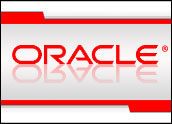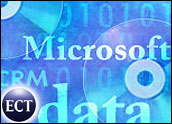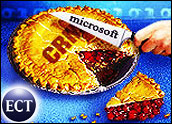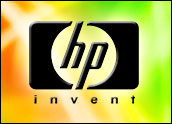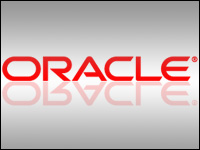
Oracle today officially released the mobile version of its grid computingdatabase, 10g.
A version of Database Lite 10g has been in use since 1996 as a means ofaccessing the main 10g database through PDAs, laptops and handheldcomputers. The company says its new release is a giant step ahead of theprevious mobile management offering.
More Industries Go Mobile
The version now available has been tightly integrated into the coredatabase, Oracle said.
The increase in mobile use by the defense, national security, health andpublic safety industries, which need secure, scalable database access,prompted the beefed up release, Oracle said.
The company is touting new data management capabilities that allow a centraldatabase administrator to download copies of the middleware onto mobiledevices or delete data from devices that have been lost or stolen, if theyremain within the network area.
Also new are synchronization tools that allow the mobile user to continue tomanipulate data after a connection is dropped. The software will synchronizethe data once the connection — which can be through a LAN, wireless,satellite or radio network — picks up again.
Java, .Net Compatible
Lite 10g is compatible with Windows, Linux and Unix and is available for$100 per named user license. It allows developers to create applicationsusing Java and .Net tools. New in this version is a Microsoft Ado.Netinterface for .Net tools.
“Mobile deployments have emerged as critical business systems, requiringenterprise-class functionality, reliability and security, and connection toback-office systems,” Jack Gold, vice president, META Group, said in a pressrelease. “As mobile devices transition from purely personal devices tocapable business tools, organizations must deploy applications built on aflexible business-class platform capable of supporting current user needs,while allowing future enhancements and connectivity for a variety ofbusiness requirements.”
Sybase holds a large majority of the mobile database market with its SQLAnywhere program. IBM offers DB2 Anywhere.

